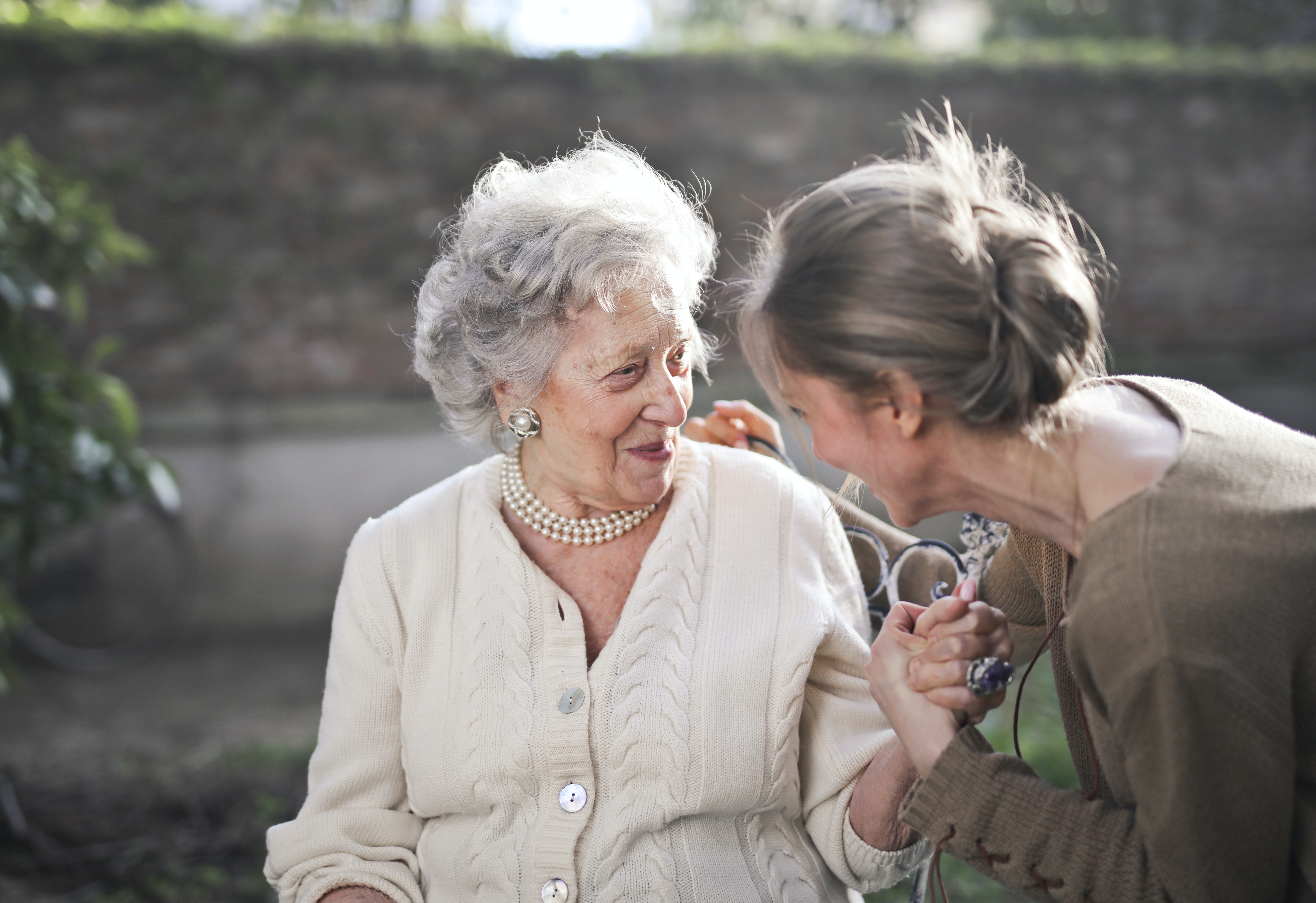Aging individuals on the autism spectrum face unique challenges concerning health care, housing, and...
Read More

Over 34.2 million Americans give unpaid assistance to an adult over the age of 50 every year. As such, the value of unpaid caregiving in the United States has been steadily increasing over the last decade—outstripping the combined cost of paid home care and total Medicaid spending each year. These statistics make it crystal clear: Caregivers need care too.
Caregivers are loved ones, family members or friends that assume unpaid positions to help those aging in the community navigate their daily lives. Whether it’s scheduling and driving them to doctor appointments, assisting with hygiene or handling their weekly grocery run, caregivers play a pivotal role in the lives of those they care for. But these caregivers don’t always have enough support for their own needs.
“Sadly, caregivers are at an increased risk—compared to non-caregivers—for developing long-term health issues. The Family Caregiver Alliance (FCA) reports that ‘caregiving spouses’ between 66 and 96 years old who feel mentally and emotionally taxed are at a 63 percent higher risk of dying than non-caregiving spouses,” said Megan James, LCSW, Social Services and Behavioral Wellness Manager at Inspira LIFE. “However, age does not discriminate. Caregivers between the ages of 56 and 74 are more likely to be sleep-deprived, malnourished, depressed and have substance use problems.”
Caregiving, while very rewarding, can be taxing. That is why having the right support system to help you succeed socially, emotionally and physically is a mandatory part of the care plan.
“It is so easy to feel like you have the weight of the world on your shoulders as a caregiver. Whether you’re managing a parent, grandparent, friend, spouse or neighbor, it doesn’t matter. The stress is immense and it can be immobilizing,” said Eric Warden, MS, LPC, CADDCT, Supervisor of Clinical Services for Behavioral Wellness at Inspira LIFE. “That’s why we need to change the narrative on caregiving. The attention isn’t just for the person receiving care, but rather all parties involved.”
To improve the health of caregivers and their relationships with those they care for, it’s time we take the pressure off. Inspira Living Independently for Elders (LIFE) helps participants maintain their active, independent lifestyles through the support of its medical, psychiatric, social and transportation services. This comprehensive care program helps participants manage meal planning, exercise, social life, dental and vision care, nutrition, mental health, appointment scheduling and more.
“Inspira LIFE acts as the bridge between caregivers and the needs of those they care for so that they can focus on being there as a family member, loved one or spouse while partnering in care instead of feeling like an unpaid employee,” said James.
At Inspira LIFE, participants with Programs of All-Inclusive Care for the Elderly (PACE) Medicare or Medicaid—or the ability to pay privately—may be eligible for enrollment. To be eligible for a PACE program like Inspira LIFE, a participant must:
To learn more about Inspira LIFE, visit www.InspiraLIFE.org.

Aging individuals on the autism spectrum face unique challenges concerning health care, housing, and...
Read More
Having a clear guide to navigate the autism diagnostic process can help parents recognize early...
Read More
For adults on the autism spectrum, navigating adulthood can come with unique challenges...
Read More
The material set forth in this site in no way seeks to diagnose or treat illness or to serve as a substitute for professional medical care. Please speak with your health care provider if you have a health concern or if you are considering adopting any exercise program or dietary guidelines. For permission to reprint any portion of this website or to be removed from a notification list, please contact us at (856) 537-6772